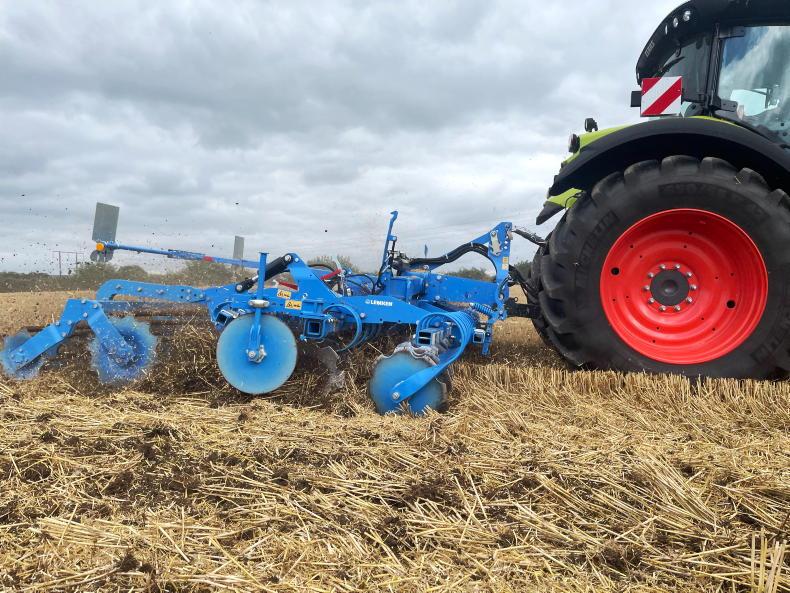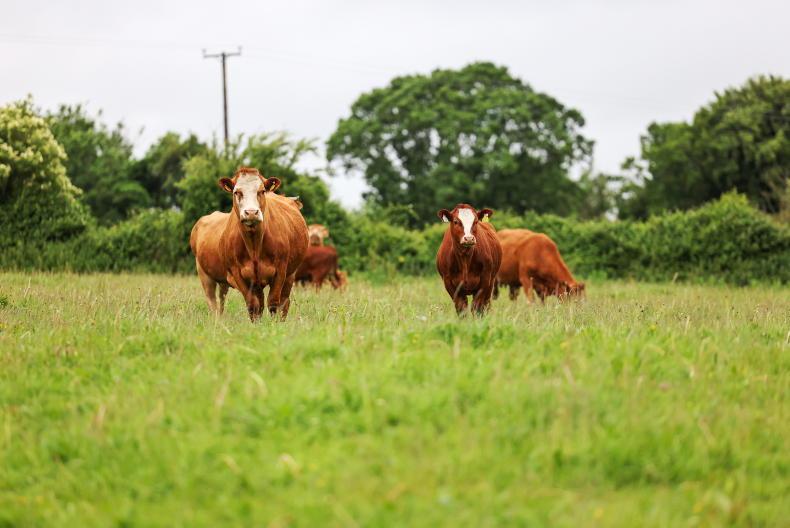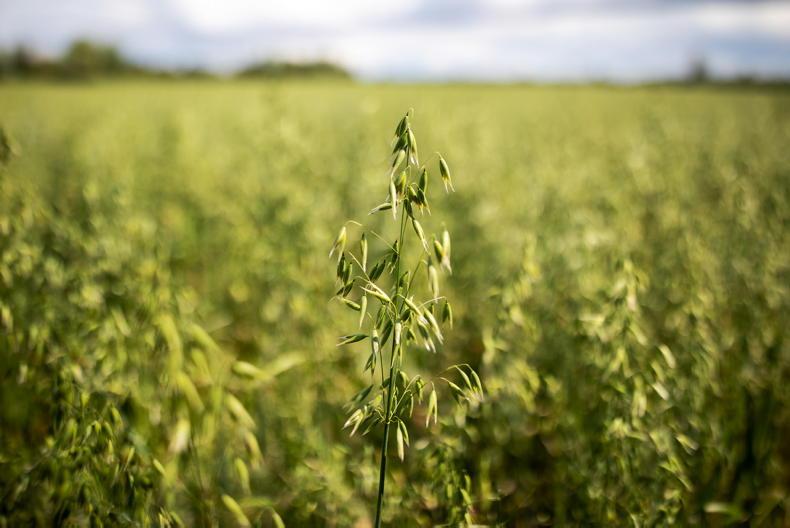The terms and conditions of the Organic Farming Scheme, which opened for applications on 9 February, shows that the priority is still to increase the number of dairy, horticulture and tillage participants.
If the number of applications submitted in this intake tranche, which runs from 9 February to 8 April, is greater than the funding available, then the Department will use ranking and selection criteria to determine entry.
Selection criteria
Table 1 shows the selection criteria that will be used and the marks apportioned under each heading.
Dairy, horticulture and tillage enterprises will be apportioned 100 marks, with the exception of tillage farms with a cereals area of less than 3ha.
This compares to just 10 marks for beef or sheep enterprises and 50 for poultry farms. Mixed farms with arable and forage declared on their BPS can secure a maximum of 30 marks.
Larger holdings will also receive a higher mark, with one point granted per hectare to a maximum of 50 marks. The next highest available marks is for young farmers with 40 marks.
Stocking density
A significant change in the Organic Farming Scheme in 2022 is the reduction in the minimum stocking rate requirement. It was previously set at 0.5LU/ha, with holdings with a lower stocking rate paid on a pro-rata basis.
The new stocking rate requirement of 0.15LU/ha will open the door to an extra 1m hectares of land being eligible for the maximum payment.
The stocking rate/density also has a significant influence on the ranking of applications, with farms stocked at greater than or at 0.5LU/ha granted 30 marks, while farms stocked at greater than or equal to 0.35LU/ha received 20 marks and farms stocked at greater than 0.15LU/ha were awarded 10 marks.
The final 10 marks will be dictated by whether a holding is being fully or partially converted to organics.
While the ranking and selection criteria may prioritise dairy, horticulture and tillage production, the level of interest from these sectors is not predicted to be anywhere near a level that will fill the number of places available.
This was the case in 2021 and many farmers held off from making an application, leading to the scheme being undersubscribed.
A beef or sheep farmer with an interest is advised to apply.
The level of payment was covered in detail on this page in last week’s Irish Farmers Journal and is also covered on page 7.
Applicants should also note that for a contract based on fully converted organic lands, the duration of the contract will be a period of up to three years, while for a contract based on land undergoing conversion to organic, the duration of the contract will be a period of up to five years.










SHARING OPTIONS